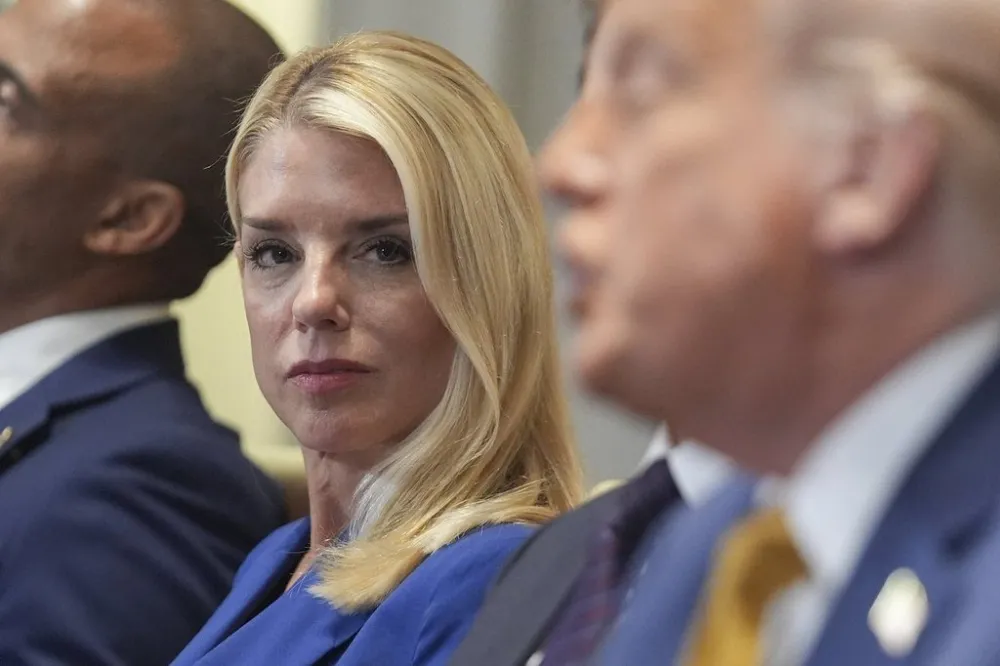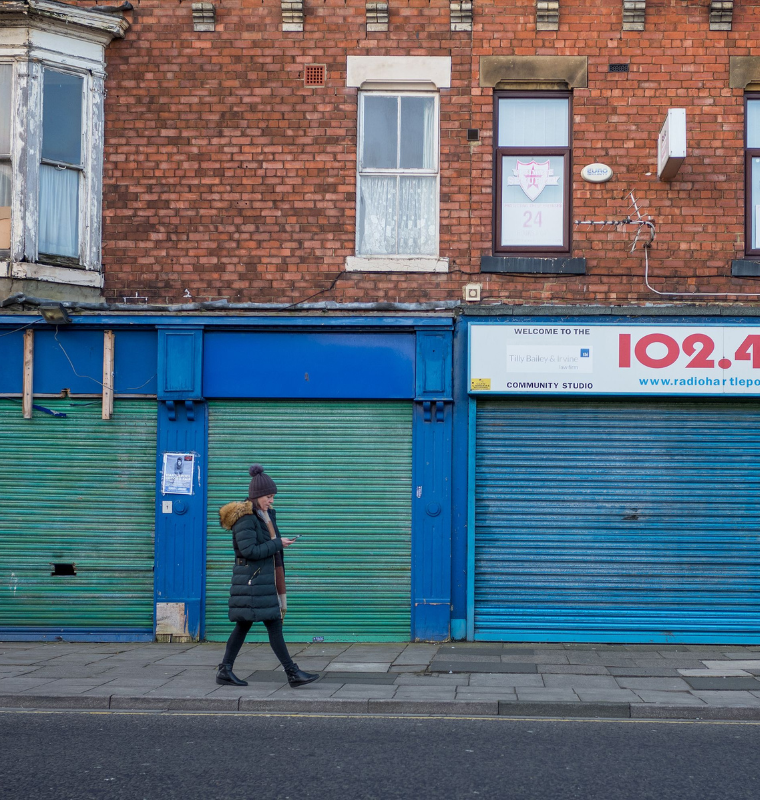Trump Orders Push for Epstein Grand Jury Records to Be Unsealed
Trump Orders Push for Epstein Grand Jury Records to Be Unsealed
By
David Goldfarb
Last updated:
July 18, 2025
First Published:
July 18, 2025

Photo: Winnipeg Free Press
Trump Seeks Public Release of Epstein Grand Jury Testimony
In a significant escalation of political and public pressure surrounding the Jeffrey Epstein case, former President Donald Trump announced Thursday evening that he has directed Attorney General Pam Bondi to petition the court for the release of sealed grand jury transcripts. These records pertain to Epstein’s 2019 indictment on federal child sex trafficking charges.
Bondi responded swiftly on social media: “President Trump — we are ready to move the court tomorrow to unseal the grand jury transcripts.” Her public commitment to initiate legal proceedings signals a potentially dramatic shift in the level of transparency that the Justice Department might pursue in this high-profile case.
Trump’s announcement followed a Wall Street Journal report earlier in the day revealing that a “bawdy” letter bearing his signature was part of a 50th birthday album gifted to Epstein in 2003. The letter is believed to be among materials previously reviewed by federal investigators probing Epstein and Ghislaine Maxwell.
Growing Bipartisan Pressure for Disclosure
Trump’s directive comes amid mounting pressure from both Republican and Democratic leaders to shed more light on the Epstein case. Many of Trump's supporters — particularly those aligned with the MAGA movement — have long called for the release of a so-called “client list,” speculating that Epstein used it to blackmail powerful individuals.
However, not all lawmakers are convinced that releasing the grand jury material alone will satisfy demands for full transparency.
“Nice try @AGPamBondi,” wrote Rep. Daniel Goldman (D-NY) in a tweet. “What about videos, photographs and other recordings? What about FBI 302s, witness interviews, texts, and emails? That’s where the evidence about Trump and others will be. Grand jury testimony will only relate to Epstein and Maxwell.”
Even Senator Mike Lee (R-UT), who praised Bondi’s decision as “HUGE,” noted that it “should be the first of several steps.”
Epstein’s Shadow Still Looms
Jeffrey Epstein, the convicted sex offender and financier, was arrested in July 2019 on federal sex trafficking charges. He was found dead in his Manhattan jail cell just weeks later, on August 10, 2019. While the official ruling declared suicide, widespread skepticism persists, particularly due to repeated failures in jail protocol, including broken surveillance cameras and inattentive guards.
The FBI has since maintained that there is no credible evidence of foul play. In a recent DOJ memo, officials stated:
“We did not uncover evidence that could predicate an investigation against uncharged third parties… There was also no credible evidence found that Epstein blackmailed prominent individuals.”
The memo included footage showing that no one entered Epstein’s unit between 10:40 p.m. on August 9 and 6:30 a.m. the next morning, when he was found dead.
However, an investigation by Wired Magazine this week challenged the integrity of the surveillance footage, reporting that nearly three minutes of metadata were missing from the supposedly “full raw” video provided by the DOJ and FBI. This revelation has added fresh fuel to the long-simmering public distrust surrounding Epstein’s death and the official investigations.
Legal Hurdles Remain
While Trump’s directive has sparked renewed momentum, significant legal barriers exist. Grand jury proceedings in federal court are typically sealed under Rule 6(e) of the Federal Rules of Criminal Procedure, with very limited exceptions. Even if a federal judge in the Southern District of New York grants Bondi’s petition, the unsealed testimony would likely represent only a small portion of the evidence collected by prosecutors and the FBI.
Moreover, critics point out that many of the most damning materials — such as financial records, digital communications, and recorded video evidence — remain locked away or heavily redacted. Bondi’s office has not indicated whether it plans to pursue the release of those materials as well.
Political Motives and Public Distrust
Trump has repeatedly blamed Democrats for what he calls the “scam” surrounding Epstein conspiracy theories, accusing them of weaponizing the case for political gain. But several Republicans — including former Vice President Mike Pence and numerous members of Congress — have echoed calls for greater disclosure, signaling that this is no longer a purely partisan issue.
Despite Trump’s rejection of appointing a special prosecutor, some within his own base continue to advocate for it, arguing that only an independent review will uncover the full truth.
Final Thoughts: Transparency or Tactic?
As Epstein’s name continues to resurface in national headlines, the public’s demand for clarity grows louder. Trump’s move to release grand jury transcripts may be a step toward transparency — or a political maneuver to reclaim the narrative from conspiracy theorists and critics alike.
But unless the court permits a broader disclosure of all related evidence — including video, digital, and witness data — many believe the most important questions will remain unanswered.
The Epstein case is no longer just about one man’s crimes. It’s now a symbol of public mistrust in the justice system, elite protectionism, and political power — and how those forces often collide behind closed doors.
Popular articles
Subscribe to unlock premium content
Kylie Jenner’s $420M Beauty Empire Unravels: Inside the Stunning Fall of a Social Media Mogul

Britain’s Economic Decline: From Global Powerhouse to Financial Strain

Trapped by Perfection: How AI Beauty Filters Are Rewiring Our Faces—and Our Minds

Kylie Jenner’s $420M Beauty Empire Unravels: Inside the Stunning Fall of a Social Media Mogul

Britain’s Economic Decline: From Global Powerhouse to Financial Strain

Kylie Jenner’s $420M Beauty Empire Unravels: Inside the Stunning Fall of a Social Media Mogul









